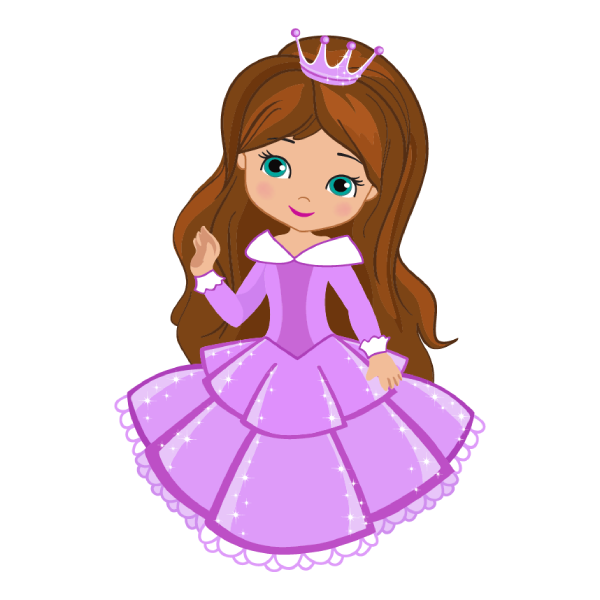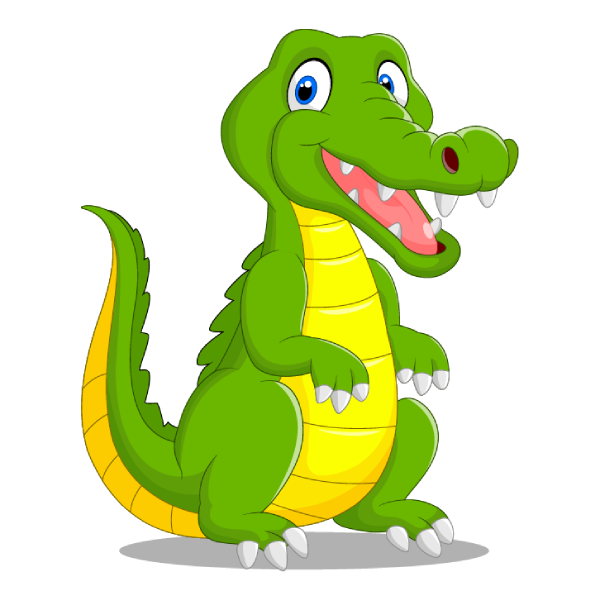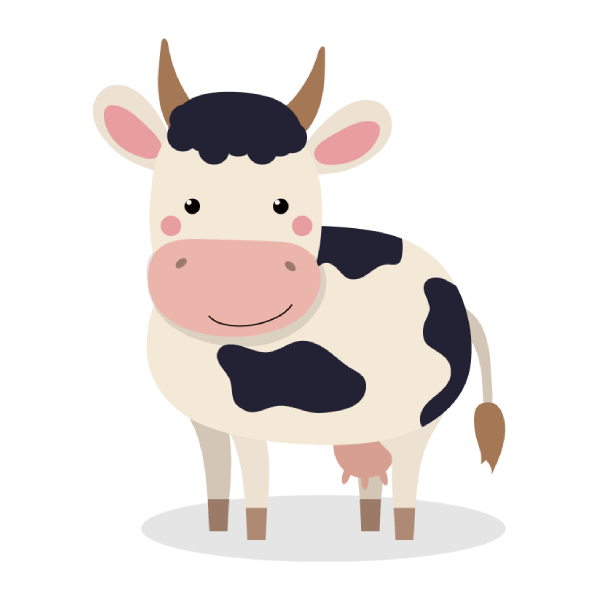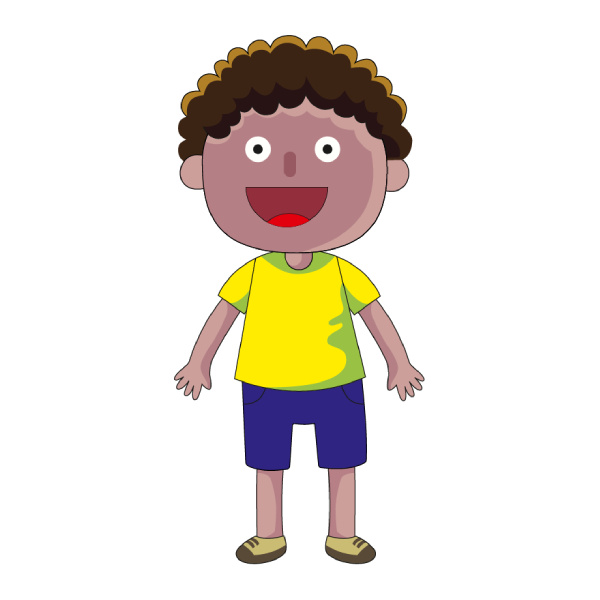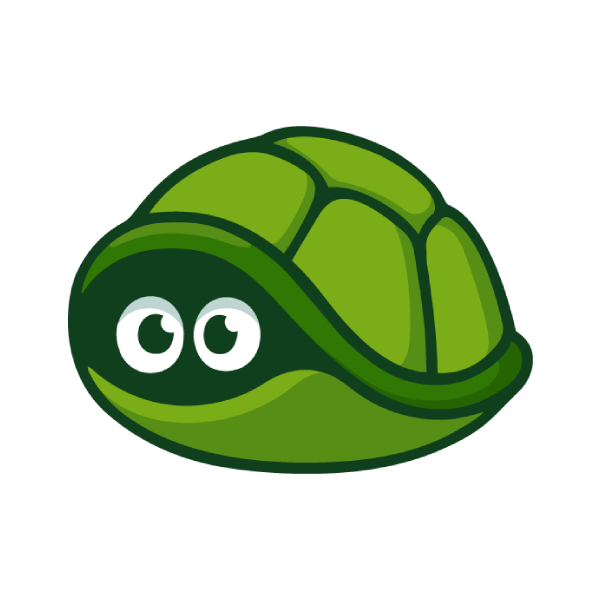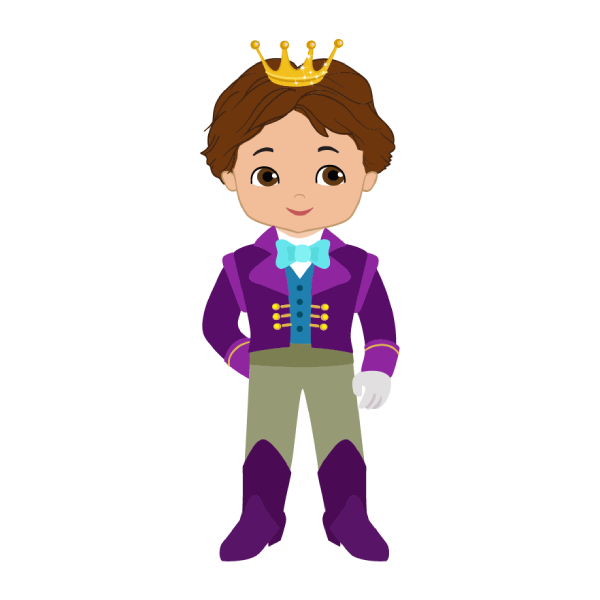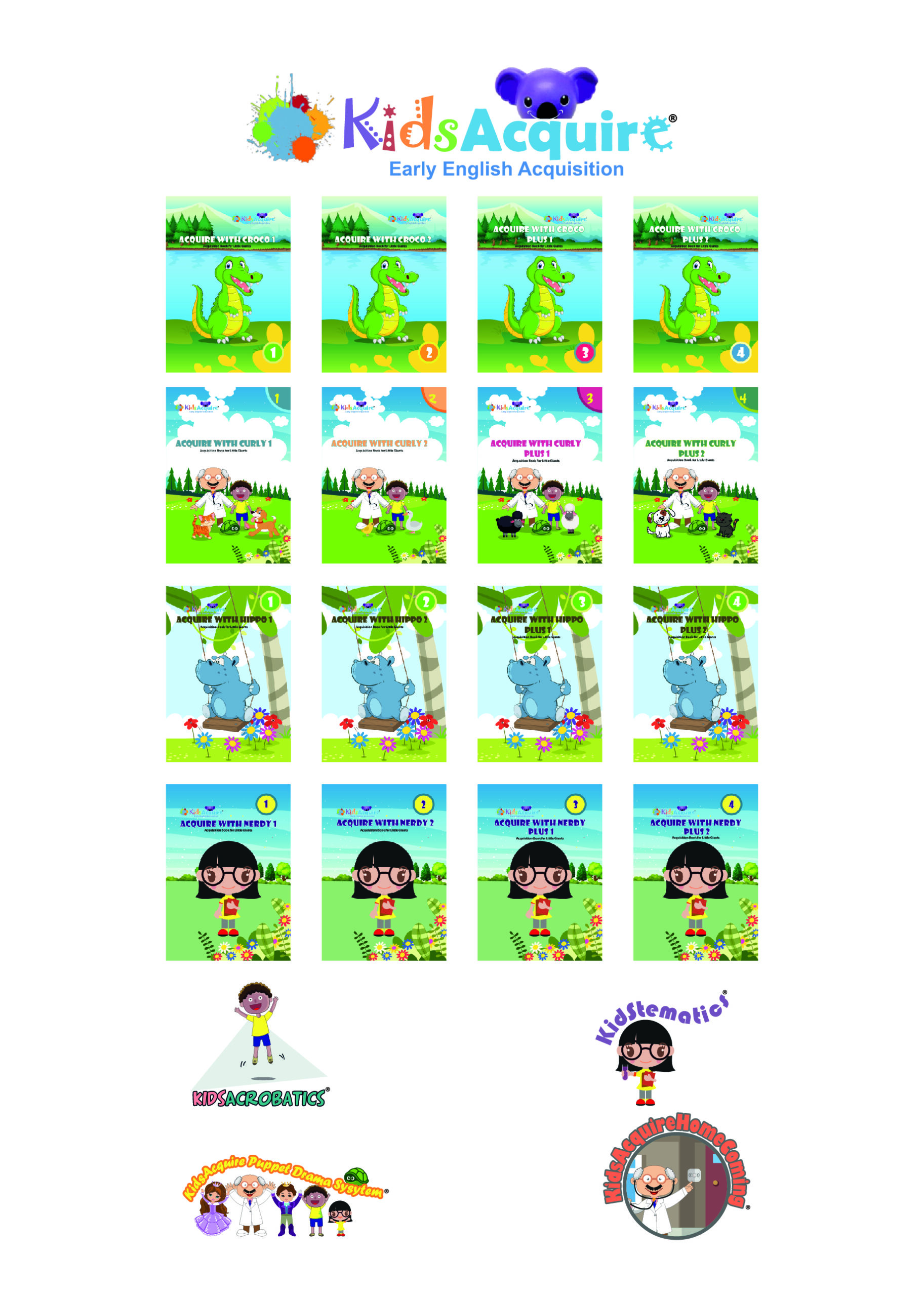What is KidsAcquire?
How do children acquire language? Do parents teach their children to talk?
The shortest answer to this question is simply “no”. Children acquire language quickly, easily, and without effort or formal/convenventional teaching. Acquisition process always happens automatically, whether their parents try to teach them or not.
Although parents or other caretakers don’t teach their children to speak, they do perform an important role by talking to their children. Children who are never spoken to will not acquire language. The definite proof of this fact is the speaking disability of all the deaf humans. The speaking acquisition capability of a baby prerequisites the capability of her hearing. In other words if there is no hearing, there is no speaking. And the language must be used for interaction with the child; for example, a child who regularly hears language on the TV or radio but nowhere else will not acquire to talk as easily compared to the one physically interacted by her mom, dad, nanny..etc
Children acquire language through interaction – not only with their parents and other adults, but also with other children. All normal children who grow up in normal households, surrounded by conversation, will acquire the language that is being used around them. And it is just as easy for a child to acquire two or more languages at the same time, as long as they are regularly interacting with speakers of those languages. It is all about setting up the necessary enjoyable yet fruitful environment for the child fit for her age appealing her eyes, ears and other senses to be exposed of and watch how the language acquisition process takes place. Even if you don’t set it yourself, the child’s brain is programmed to acquire whatever they hear. So be careful what she is exposed to.
Now this process, that all of us unknowingly experienced before the age of 2-3 is far more different than learning or teaching. If we approach this process from a learning and teaching point of view while dealing with our baby, we will be approaching the acquisition process from a completely opposite point of view, in which the baby experiences most of it before the age of 3 and the rest before the age of 7. Unless we change our paradigm on this subject and go for a perspective revolution, we will only be able to benefit one thousandth of the efficiency of preschool children and the capacity of every child with speech ability to acquire everything given without exception. Perspective is everything.
So we don’t have to teach them how to speak; yet, we just have to speak and sing to them while we play with them. If a child’s mother speaks one language to her and her father speaks another language to her from birth to her age of 7, she will be a bilingual.
The critical quality we need at this point is “patience. This is a much needed quality; parents, at times, may feel desperate whether their child is capable of acquiring English. Always remember your toddler’s stages of acquiring her mother tongue qualities by way of simply “recording” in the first 36 months. KidsAcquire Language Acquisition Approach relies on this unshakable natural development where a toddler acquires mother tongue simply by hearing, looking and touching unknowingly instead of listening and seeing; as these actions require conscience or will power which a toddler doesn’t have at that stage. You would never doubt whether your recording device is recording or not once you touch the “rec” button. All you need is speak and wait until the recording duration is over. It will record and play anyway. Same is true of us; we keep being patient and perseverant making sure that no acquisition is futile.”
The special way in which many adults speak to small children also helps them to acquire language. Studies show that the ‘baby talk’ that adults naturally use with infants and toddlers tends to always be just a bit ahead of the level of the child’s own language development, as though pulling the child along. This ‘baby talk’ has simpler vocabulary and sentence structure than adult language, exaggerated intonation and sounds, and lots of repetition and questions. All of these features help the child to acquire the meanings, sounds, and sentence patterns of his or her language.
By the time the child first utters a single meaningful word, he or she has already spent many months acquiring the sounds and intonations of language and connecting words with meanings unconsciously. Children acquire language in stages, and different children reach the various stages at different times. The order, in which these stages are reached, however, is virtually always the same.
The first sounds a baby makes are the sounds of crying. Then, around six weeks of age, the baby will begin acquiring vowel sounds, starting with aah, ee, and ooh. At about six months, the baby starts to acquire strings of consonant-vowel pairs like boo and da. In this stage, the child is acquiring the sounds of speech and sorting out the sounds that are important for making words in his or her language from the sounds that aren’t. Many parents hear a child in this stage produce a combination like “mama” or “dada” and excitedly declare that the child has uttered his or her first word, even though the child probably didn’t attach any meaning to the ‘word’ as she is not aware.
Somewhere around age one or one and a half, the child will actually begin to utter single words with meaning. These are always ‘content’ words like cookie, doggie, run, and see – never ‘function’ words like and, the, and of. Around the age of two, the child will begin putting two words together to make ‘sentences’ like doggie run. A little later on, the child may produce longer sentences that lack function words, such as big doggie run fast. At this point all that’s left to add are the function words, some different sentence forms (like the passive), and the more complex sound combinations (like str). By the time the child enters kindergarten, he or she will have acquired the vast majority of the rules and sounds of the language. After this, it’s just a matter of combining the different sentence types in new ways and adding new words to his or her vocabulary.
Why did my daughter say feet correctly for a while, and then go back to calling them foots?
Actually, she hasn’t ‘gone back’ at all; she’s gone forward. When she unconsciously happened to use the word feet as a toddler, she was just imitating what she had heard (not “listened to” as listening action pertains consciousness contrary to hearing). But after kindergarten she has consciously learned a rule for making plurals, which is that you add the s sound to the end of the word. So she’s just applying her new rule to all nouns – even the exceptions to the rule, like foot/feet. She’ll probably do the same thing when she learns to add ed to verbs to make the past tense, saying things like he standed up until she learns that stand/stood is an exception to the rule. She’ll sort it all out eventually, but for now, rest assured that this is progress; it’s evidence that she’s going beyond acquisition process and actually entering into a consciously learning process after kindergarten age by willfully focusing on the the rules of the English language.
How can a child who can’t even tie her own shoes acquire a system as complex as the English language?
Although the ‘baby talk’ that parents use with small children may help them to acquire language, many linguists believe that this still cannot explain how infants and toddlers can acquire such a complicated system so easily.
It’s far easier for a child to acquire language as an infant and toddler than it will be for the same child to learn, say, French in a college classroom 18 years later. Many linguists now say that a newborn’s brain is already programmed to acquire language, and in fact that when a baby is born he or she already instinctively knows a lot about language. This means that it’s as natural for a human being to talk as it is for a bird to sing or for a spider to spin a web. In this sense, language may be like walking: The ability to walk is genetic, and children acquire the ability to walk whether or not anybody tries to teach them to do so. In the same way, children acquire the ability to talk whether or not anybody tries to teach them. For this reason, many linguists believe that language acquisition ability is genetic. Researchers believe there may be a ‘critical period’ (lasting roughly from infancy until puberty) during which language acquisition is effortless. According to these researchers, changes occur in the structure of the brain during puberty, and after that it is much harder to learn a new language especially after 72 months where conscious comes into play.
Linguists have become deeply interested in finding out what all 5,000 or so of the world’s languages have in common, because this may tell us what kinds of knowledge about language are actually innate. For example, it appears that all languages use the vowel sounds aah, ee, and ooh – the same vowel sounds a baby produces first. By studying languages from all over the world, linguists hope to find out what properties all languages have in common, and whether those properties are somehow hard-wired into the human brain. If it’s true that babies are born with a lot of language knowledge built in, that will help to explain how it’s possible for a very small child – with no teaching, and regardless of intelligence level – to quickly and easily acquire a system of language so complex that no other animal or machine has ever mastered it.

What is KidsAcquire?
What is KidsAcquire?
Differing from the conventional teacher-focused and one sided teaching methods where information is channeled from the teacher to the child, KidsAcquire focuses on setting up acquisitional environment within the class with the help of it’s 1500+ pages of KidsAcquire Acquisition Manuals for Mentors ( teachers ) preparing them on a step by step basis for the sake of creating the natural ideal setting supervised but not controlled by the certified KidsAcquire® Mentors enabling the Little Giants “acquiring” the language qualities instead of learning/teaching them, as any natural secondary-language acquisition process that goes in harmony with the acquisition of the mother tongue has never been a conscious process for bilingual babies whereas teaching and learning necessitates conscience.
As a result of the logic explained above we call our teachers as “Mentors”.
If applied confidently with insistence and patience within the preschool period up-to 6 years; KidsAcquire Language Acquisition Approach® enables the Little Giants to acquire English and Spanish as a second and third languages in harmony with their mother tongue thanks to the natural acquisitional environment set by KidsAcquire tools.
It has been scientifically proven that the most critical period in a person’s lifetime is the first 24 months in which 90 percent of the lifetime development of the “brain” takes place. It is clear that the first 24-month-period of babies serves as an immensely efficient recording process in which the baby’s brain records “whatever” she hears (not listens to) in an uconscious fashion no matter how intelligent or gifted she is. This 24-month-recording-process precedes the “speaking process” in which the baby starts uttering the words that she has constantly been recording unconsciously before. As clearly been seen; there is no such thing as being gifted in language acquisition as it is a quality that every baby has without exception. Children before the age of 7 unconsciously “acquire” (not learn) more than 1000 words and make grammarly correct sentences without even knowing what grammar actually is until the end of preschool period throughout which unconscious acquisition continues. When the conscience factor comes in to a child’s life, there starts the learning and teaching process which is much harder than the process the baby is exposed unknowingly throughout the natural “acquisitional era” mostly within 0-24 months and partly within 24-72 months period where KidsAcquire Language Acquisition Approach® focuses on.
KIDS ACQUIRE! NO MATTER WHAT..
Dr. Fatih Karaman
Linguist/System Writer

